Does Lysol Kill Mold?
This post may contain affiliate links. Read our full disclosure.
One of my favorite things to do is prove or disprove a product’s ability to “kill” mold. So many types of mold cleaners and mold removers make bold claims about their ability to kill mold and the reality is very few truly possess this superpower.
Lysol is one of those products that seems to have been around forever. “Spray some Lysol on it” seemed to be a very common phrase that came out of every mother’s mouth multiple times per day. Fast forward many years and the Lysol brand comprises over 70 different products that claim to pretty much do most anything.
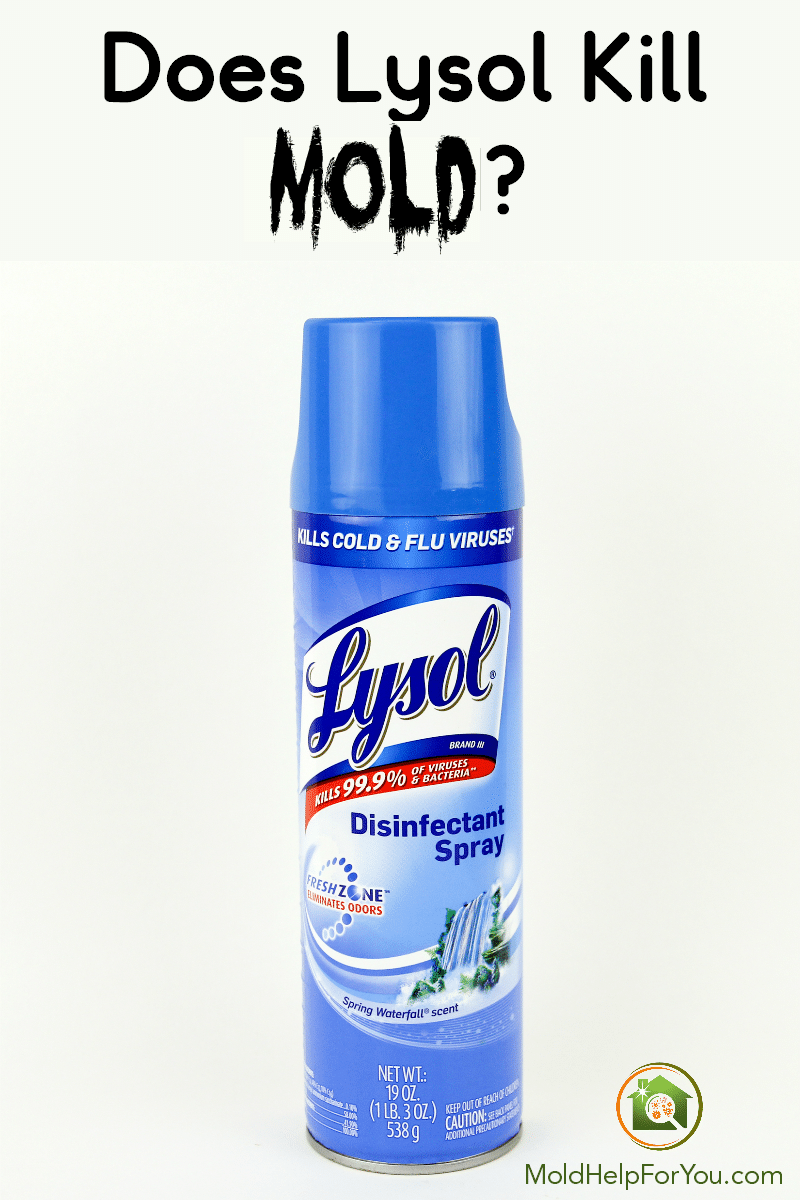
But… Does Lysol Kill Mold?
Lysol is a disinfectant agent that was introduced in 1889 by Reckitt and Benckiser. Disinfectants are antimicrobial agents that are applied to the non-living object to eliminate microorganisms. As such, Lysol can kill 99.9% of the viruses and bacteria on a hard and soft surface like floor, doorknob, sinks, and toilets.
The majority of Lysol users supports the idea that Lysol is very effective in killing mold and mildew due to its strong properties and ingredients (more on those in a second). Lysol is known to penetrate surfaces which is important when it comes to tackling mold. However…
The majority of those same Lysol users will also state that the mold regrows after varying time-frames. This is because Lysol has only been proven to prevent mold and mildew from growing for up to a week. This is VERY different than being able to kill mold obviously.
If you want to completely stop mold from continuing to regrow you have to remove the moldy material. You have to eliminate all the spores that have rooted deeply. You can’t just spray it with something and magically prevent regrowth.
What About The Ingredients In Lysol?
Lysol has a lot of products but I want to focus on two; Lysol Mold and Mildew Remover and the original Lysol Disinfectant Spray.
Lysol Mold and Mildew Remover relies on bleach in the form of sodium hypochlorite to “remove” mold. I hope by now you know that bleach does NOT kill mold or remove mold. (Click that link for my detailed article on the subject). The high bleach content also makes this product very toxic.
There are quite a few additional known ingredients in the Lysol Mold and Mildew Remover that add to the toxicity. You can learn more here but in short, it contains ingredients with potential for respiratory effects, acute aquatic toxicity and nervous system effects.
For a product that only turns mold white but doesn’t actually remove the mold, I wouldn’t risk using a product that is this toxic.
What about the Lysol Disinfectant Spray? There are a laundry list of hard-to-pronounce ingredients in this concoction and while some of them are known to “kill” mold, Lysol Disinfectant Spray is NOT something I would ever choose to tackle mold with. Let’s take a look at the active ingredients:
MIPA–Borate is a reaction product of Isopropanolamine and Boric Acid. Boric acid is known for it’s ability to kill some mold spores but in order for it to work it must be combined with hydrogen peroxide (of which there is none in the Lysol Disinfectant Spray). It cannot be sprayed onto dry mold as it will send the spores airborne instantly. It is important to note that Boric Acid is not the same as Borax.
Ammonium hydroxide is a solution of ammonia in water. Ammonia is known for being able to kill mold spores BUT it is very very toxic especially when combined with other chemicals found in Lysol. You can learn more about ammonia and mold here.
The Lysol company itself states that Lysol Disinfectant Spray only works on the following types of mold:
- Alternaria alternate – STATIC
- Alternaria alternate – CIDAL
- Aspergillus niger (mold & mildew) -CIDAL/STATIC
- Candida albicans
- Fusarium solani
- Penicillium chrysogenum
We all know that there are hundreds of types of mold so there is no guarantee that the type of mold you have is the type of mold Lysol claims to be able to eradicate. Couple this with the fact that the majority of the ingredients in Lysol are highly toxic and I would not rely on this product to tackle any sort of mold issue ever.
If you would like more information on how to properly remove mold, please visit my How To Kill Mold page. In addition, you can check out some of the product specific articles below.
This EASY DIY liquid laundry detergent to remove mold will change the way your do laundry forever. You will feel great, your clothes will be mold free, and your pocketbook will thank you!
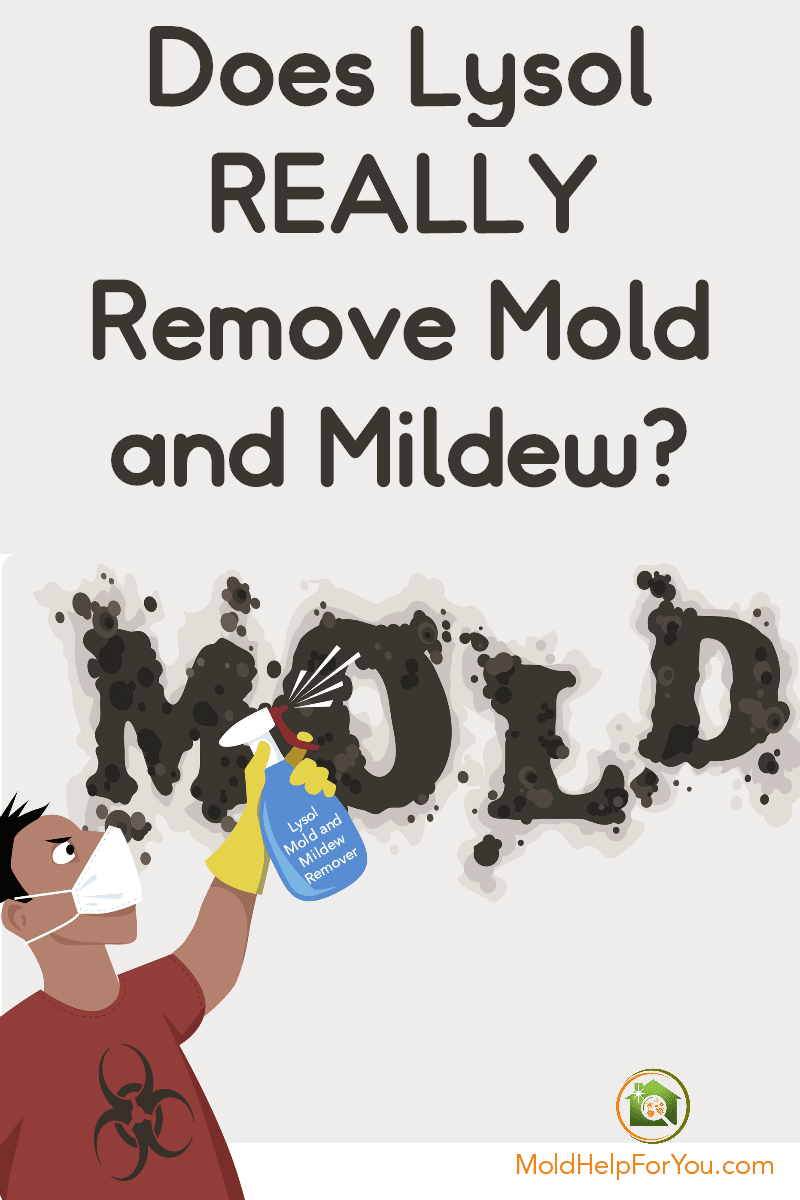

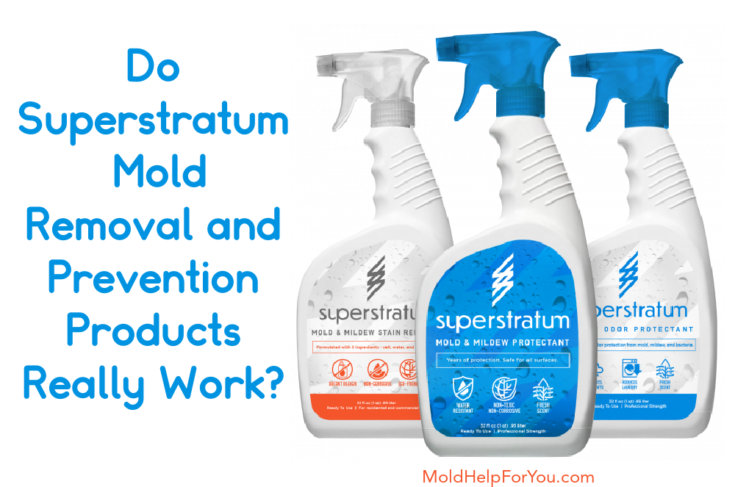
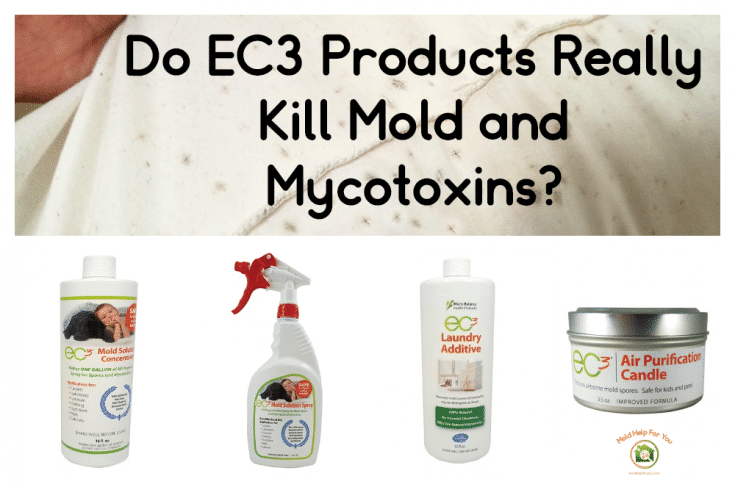
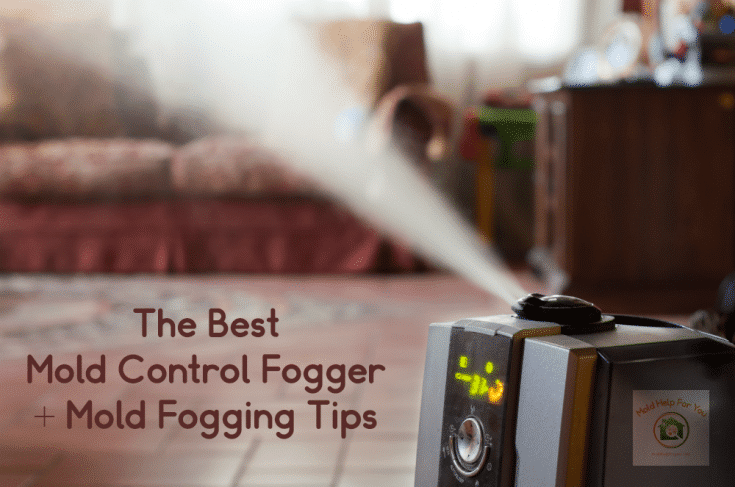
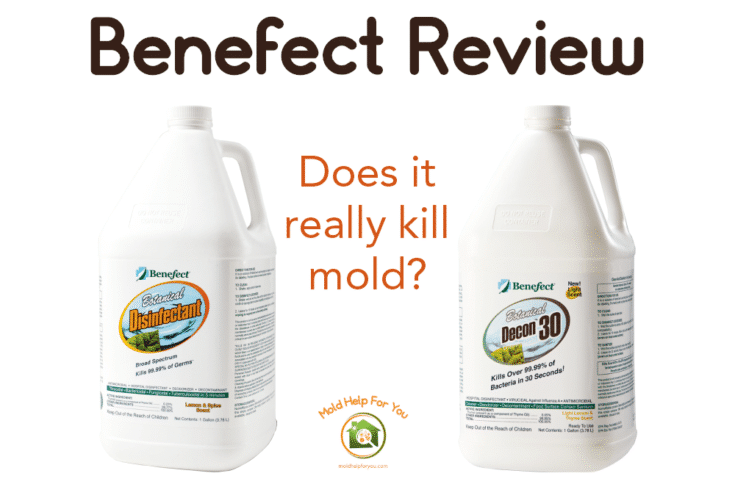
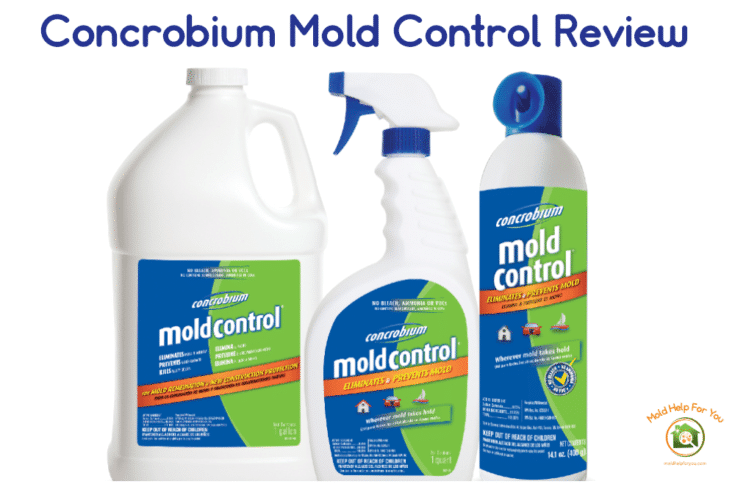
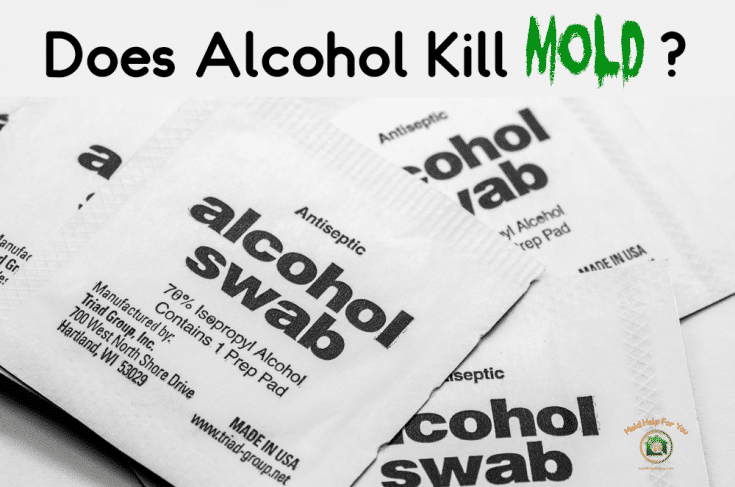
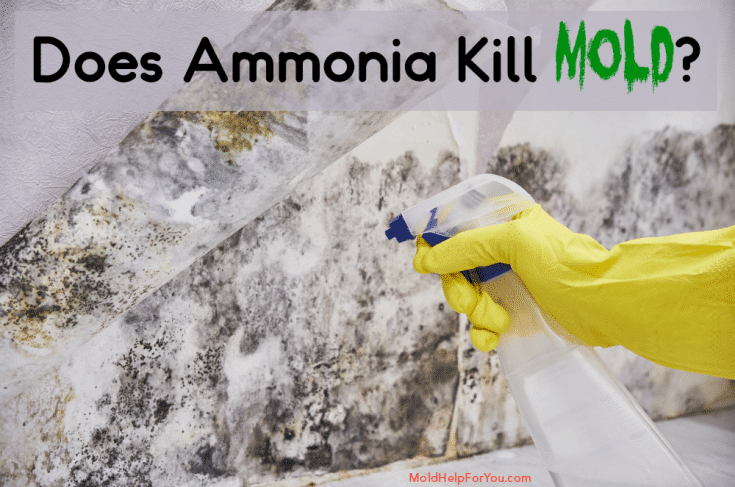
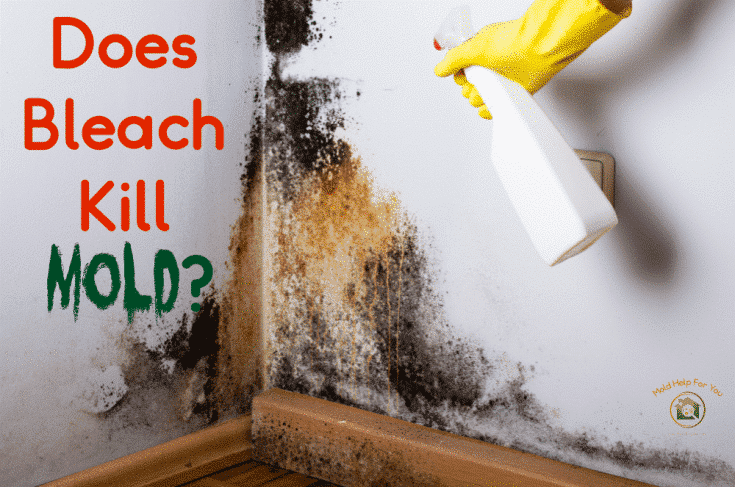

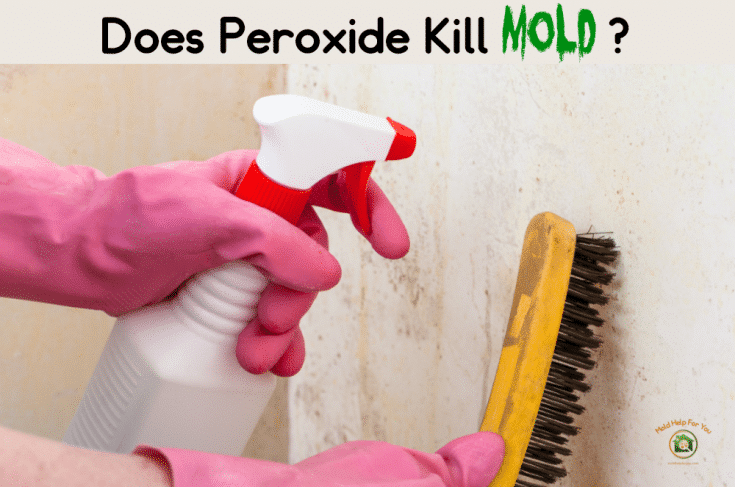
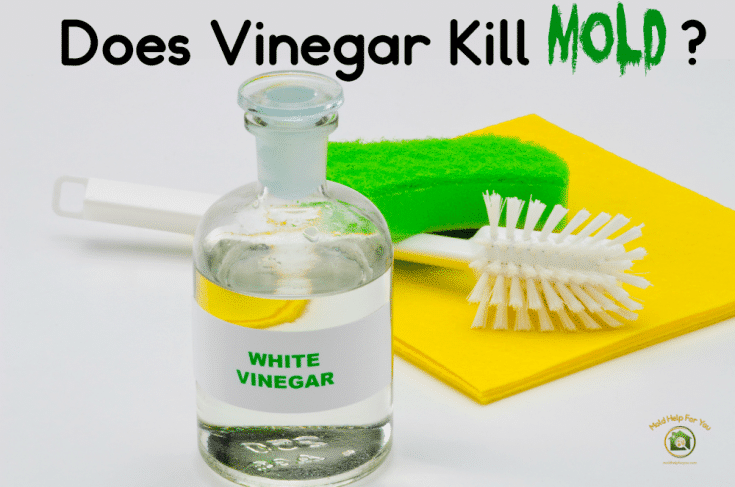
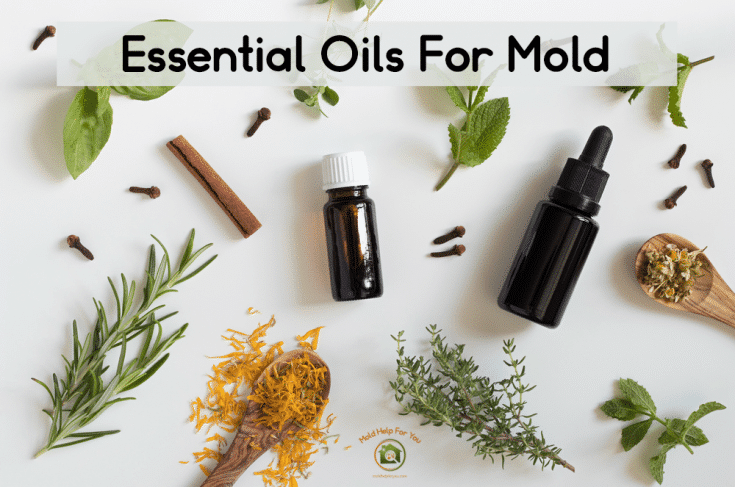
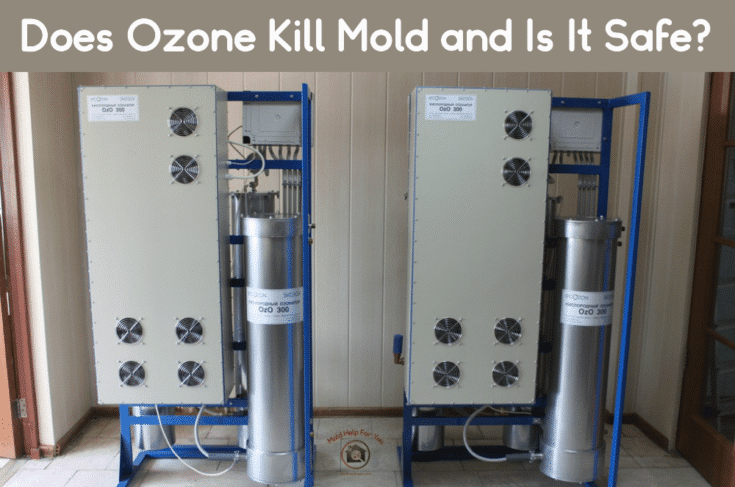
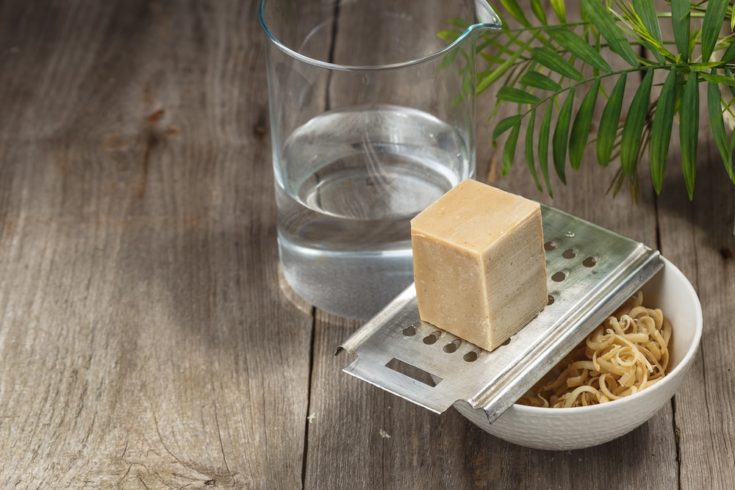
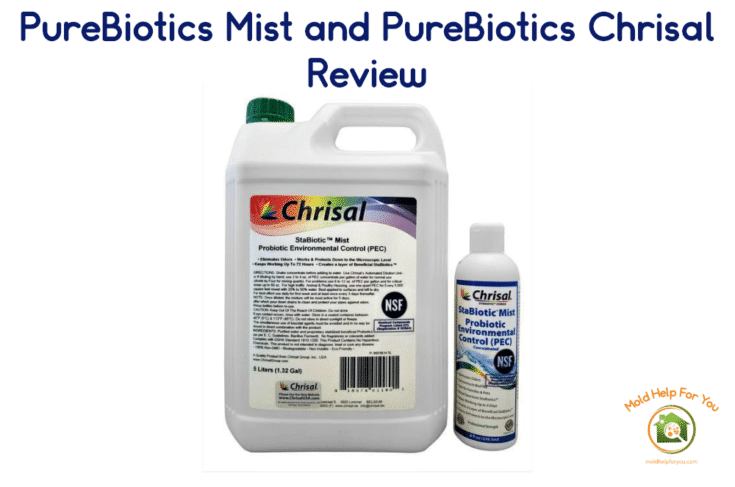
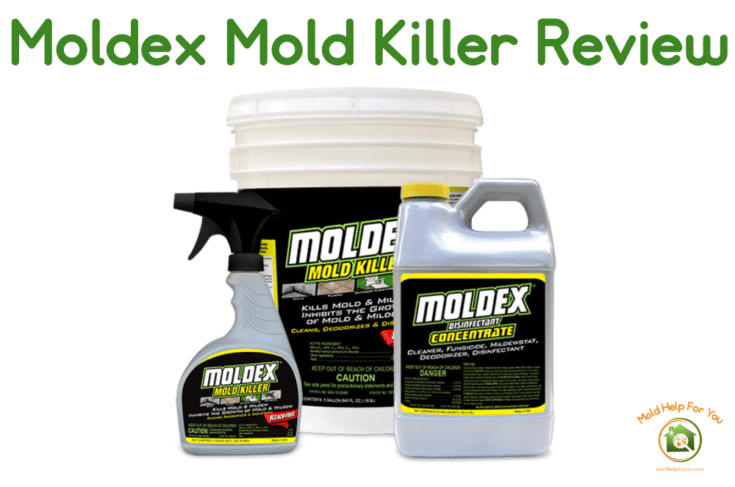
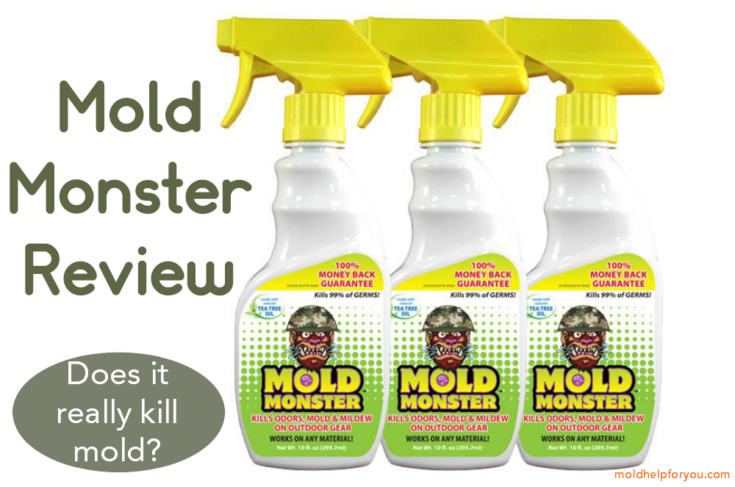
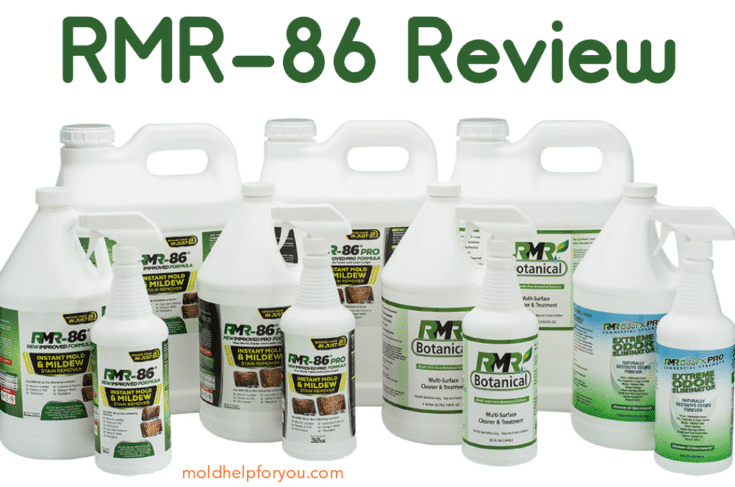
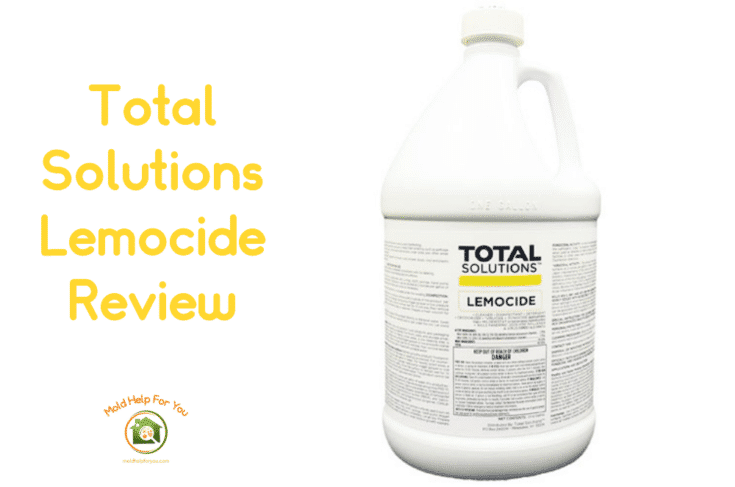
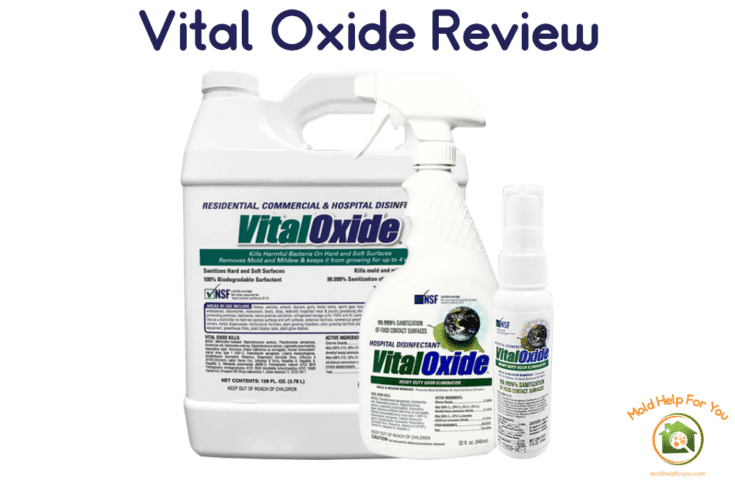
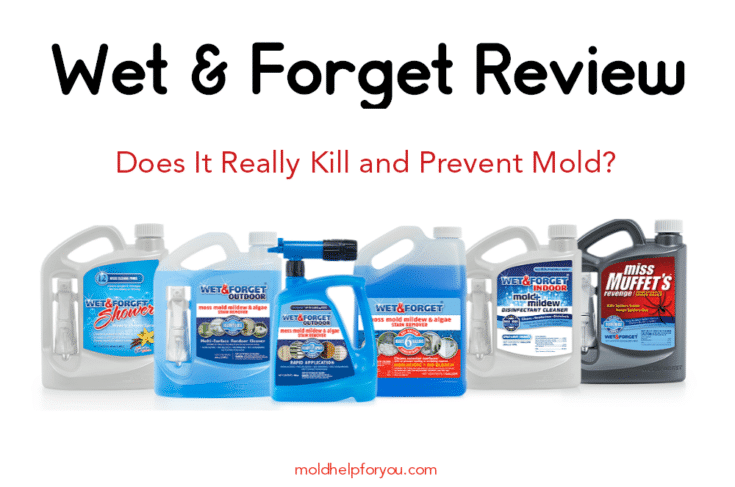
All that and I still don’t know what to use to clean a toilet with a mold ring. I guess I’m supposed to replace the toilet but an uncracked porcelain toilet should be able to be cleaned.
Hi there. Did you read this article by chance? https://moldhelpforyou.com/toilet-mold/
I always cut most of my couch covered along with my chair what can I use to make sure there are no spores left in it from the mall that was in my apartment
Hi Tina! You need to very thoroughly HEPA vacuum every inch of the couch and then mist it with either this: https://superstratum.shop/products/everyday-cleaner?rfsn=7645640.4eeda4 OR this: https://www.citrisafe.com/product/remedy-multi-purpose-mold-treatment-spray-32oz/?wpam_id=65.
so should I use boric acid and peroxide and mix it together will that take care of any spores that are in the air and maybe on my furniture and wish I use on my walls it says vinegar
No I would not mix those two together. See my comment below for products I suggest.